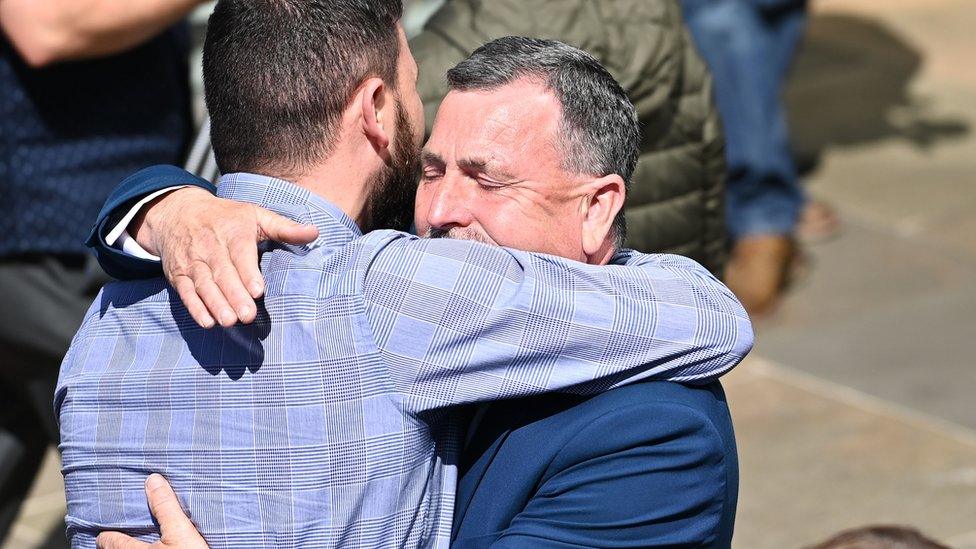Ballymurphy Inquest: Civil action to resume over deaths
- Published
A priest and a mother of eight were among the 10 people killed at Ballymurphy
More legal action is expected over the deaths of 10 people killed in the Ballymurphy shootings of August 1971.
They included a priest trying to help the wounded and a mother of eight.
Northern Ireland Deputy First Minister Michelle O'Neill said the UK government must apologise to the families of the victims as a "bare minimum".
She said the government has been "exposed for covering up for 50 years the fact that they killed Irish citizens on our streets".
Stormont Justice Minister Naomi Long and SDLP leader Colum Eastwood have also called for a government apology.
First Minister Arlene Foster said whatever legacy process is put in place in the future must apply to all families.
She said the approach to legacy has to be "careful" and must include "everybody". She added that other families deserve access to justice and truth "just as the Ballymurphy families did".
Solicitor Paddy Murray, who represents nine of the 10 victims' families, said further legal action is being planned.
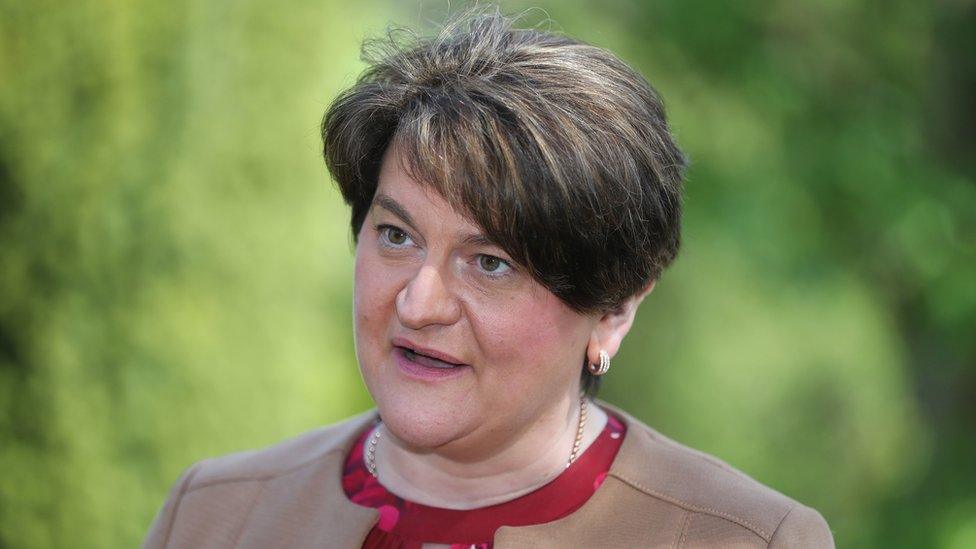
First Minister Arlene Foster said whatever legacy process is put in place in the future must apply to all families.
"One of those avenues is civil proceedings against the Ministry of Defence and, in parallel with the inquest, the families initiated those proceedings," he told BBC Radio Foyle.
"They were stalled pending the outcome of these findings. Given the very critical commentary by the coroner we will be moving forward with some vigour in relation to the civil action."
Eileen McKeown, whose father Joseph Corr was one of those shot dead in Ballymurphy, said police should now investigate the killings.
"I think it's now in the hands of the police and I think they now need to do what they should have done 50 years ago.
"I think the police need to do the job that they're paid to do and investigate the murders."
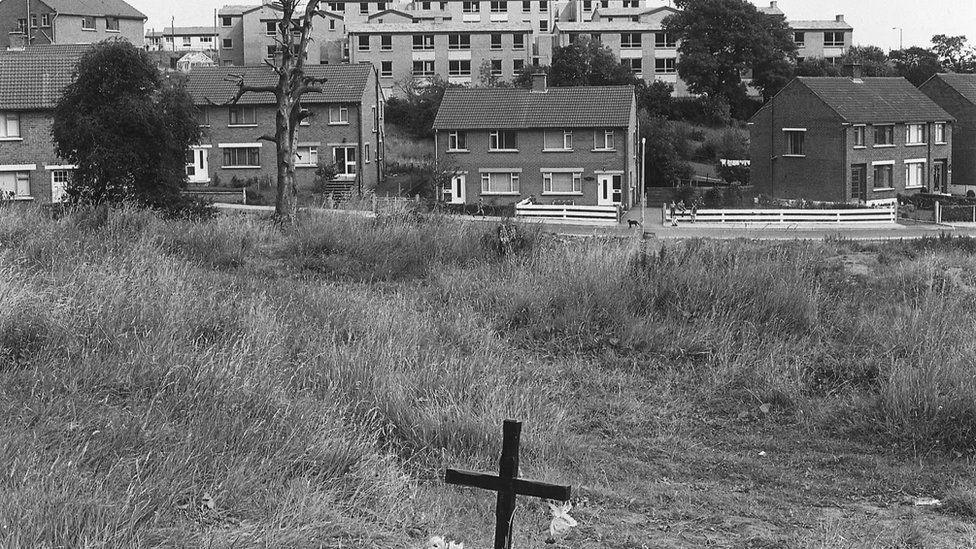
The victims included a mother of eight and a priest
In a statement issued after the announcement, a government spokesperson said it would now "take the time to review the report and carefully consider the conclusions".
The shootings happened after an operation in which paramilitary suspects were detained without trial.
Nine of the 10 victims were killed by the Army, the coroner said.
However, they could not definitively rule who shot the tenth victim, John McKerr.
Mrs Justice Keegan, who delivered her findings, external over the course of more than two hours, said the deaths took place during Northern Ireland's Troubles in a "highly charged and difficult environment".
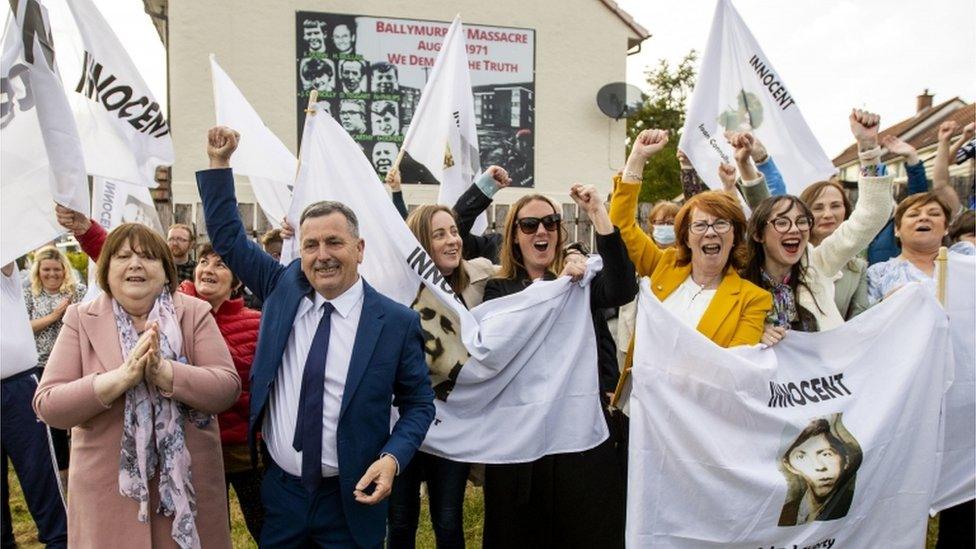
Families of the victims gathered in Ballymurphy following the inquest
The killings happened over three days immediately following the introduction of internment - the arrest and detention of paramilitary suspects without trial.
Mrs Justice Keegan noted that during that time there was widespread disorder.
Across Belfast alone on 9 and 10 August 1971, it was recorded that there were approximately 12 explosions, 59 shooting incidents, 17 reported deaths, 25 reported injuries, 13 incidents of rioting, 18 reports of arson and other reports of civil disorder of various kinds.
But Mrs Justice Keegan concluded, to a round of applause: "What is very clear, is that all of the deceased in the series of inquests were entirely innocent of any wrongdoing on the day in question."
Ms O'Neill said the UK goverment must respond and the families "deserve access to justice", while Mrs Long said the UK government needed to "step up and formally apologise".
"We saw how much a similar apology in relation to Bloody Sunday meant to the families there, and I encourage the government to acknowledge the courage of the Ballymurphy families with a similar statement," she said.
Speaking in parliament, Foyle MP Colum Eastwood said: "Will this prime minister now finally apologise for what those British forces did by murdering 10 entirely innocent people, or will he continue to pursue an amnesty for their killers?"
Former UK veterans minister Johnny Mercer said that what had happened to the families was "not fair" and he welcomed the coroner's findings.
"I think we should have a serious look at what happened and I would support an apology to the families of those who died for the way in which they have had to fight to have their loved ones declared innocent," he said.
Mr Mercer said he did not support the idea of amnesties, but that the evidential threshold for cases going to court must be looked at "to avoid the scenes that we saw in the court in Belfast last week" when the trial of two soldiers accused of murdering Official IRA man Joe McCann collapsed.
Truth recovery process
He said it was a challenge and a standard "that should be met by any country that wants to call itself a democracy".
Ulster Unionist Party assembly member Doug Beattie said an an apology by the prime minster "would be a small step but it would go an awful long way".
He added: "These families have the absolute right to seek justice. Without a shadow of a doubt, the families, if they want to go down a legal route, they should be allowed to go down that legal route."
Lord Dennett, a former head of the Army, said an apology "was not inappropriate". However, he added it was not for him "to say that".
Watch families of Ballymurphy victims react to the inquest verdict
Mrs Justice Keegan said the effects of the killings on the families of the 10 victims had been "stark".
Inquests were held into the deaths in 1972, but they were separate and returned open verdicts.
The new inquests, which began in November 2018, have been held together.
The roots of Northern Ireland’s Troubles lie deep in Irish history
The court heard almost 100 days of evidence from more than 150 witnesses.
These included more than 60 former soldiers, more than 30 civilians and experts in ballistics, pathology and engineering.
- Published11 May 2021
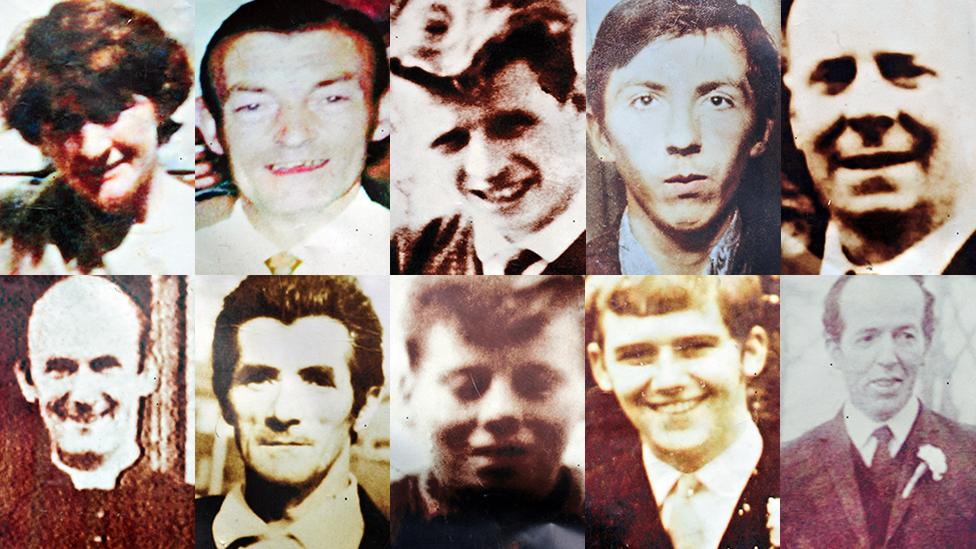
- Published11 May 2021
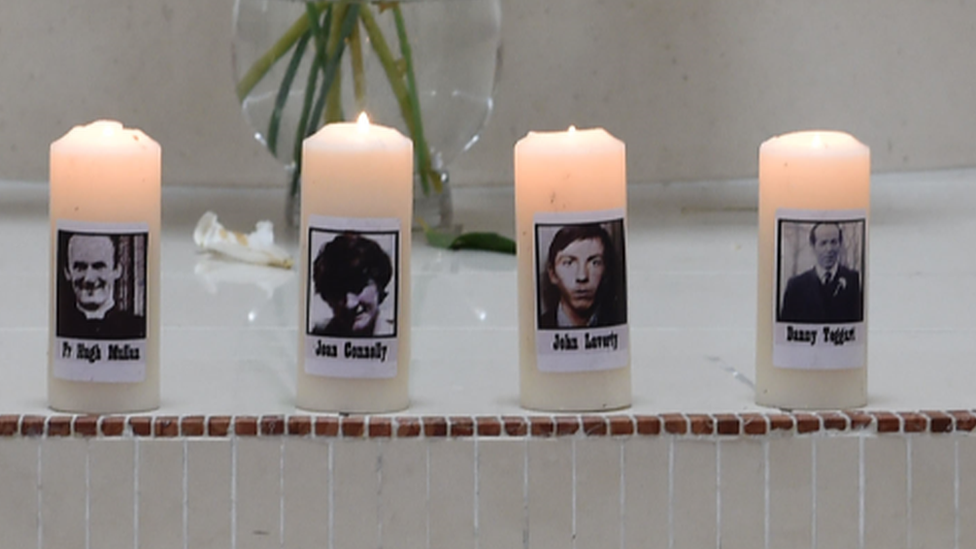
- Published11 May 2021
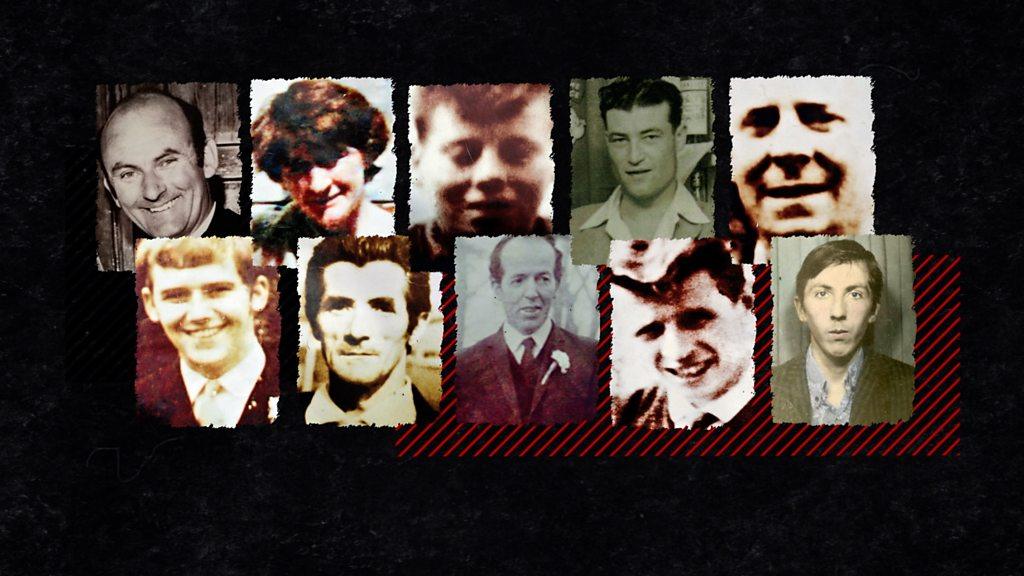
- Published11 May 2021
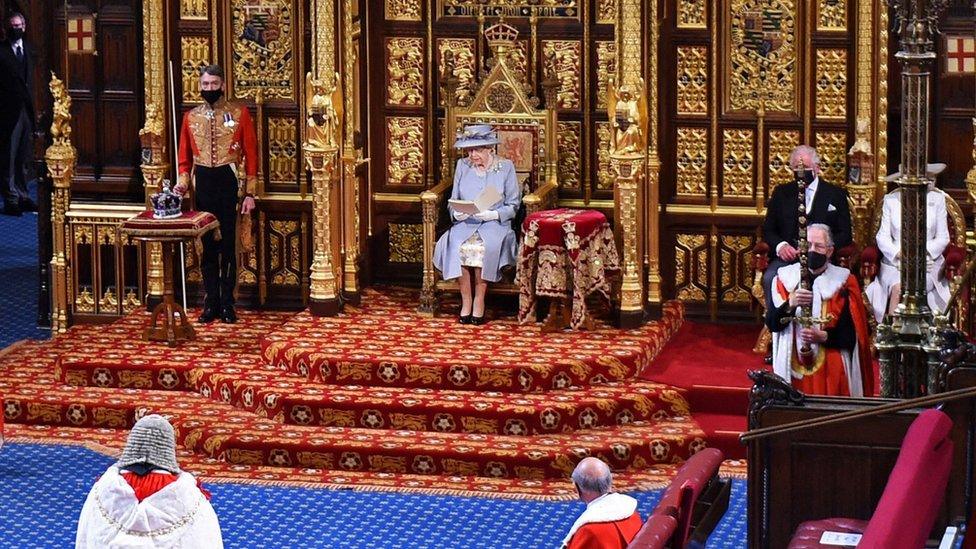
- Published11 May 2021
